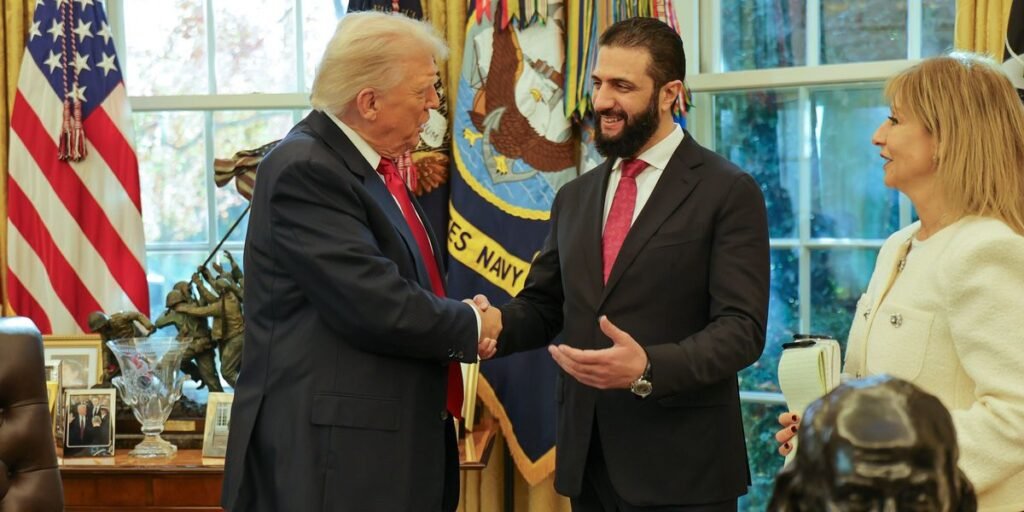Now Reading: Trump aims to mitigate impact of tough 2025 elections
-
01
Trump aims to mitigate impact of tough 2025 elections
Trump aims to mitigate impact of tough 2025 elections
Article Summary
Trump’s assertion of economic strength contrasted with the Democrats’ narrative, which suggested that voters were losing faith in his handling of the economy due to persistent issues like trade wars and a struggling job market. The election results raised alarm bells for Republican strategists as they pondered their approach to the critical midterm elections in 2026. Vice President JD Vance acknowledged challenges stemming from the previous administration but highlighted improvements like lower interest rates and inflation as indicators of progress.
In the wake of the Mayoral election in New York, where democratic socialist Zohran Mamdani emerged victorious, Trump targeted him with harsh criticism, labeling him a “communist” and asserting that his administration would prevent any shift toward socialism. Trump expressed strong disapproval of Mamdani’s electoral success, linking it to a broader battle between communism and what he characterized as common sense governance. His rhetoric aimed to galvanize support among Republicans, portraying the election as a pivotal choice for Americans.
Overall, the recent elections served as a significant barometer for both parties, revealing underlying voter sentiments and setting the stage for future electoral strategies. As Democrats look to build on their successes by leveraging economic anxieties, Republicans must navigate the challenges of rallying their base while addressing persistent economic concerns and the evolving political landscape.












